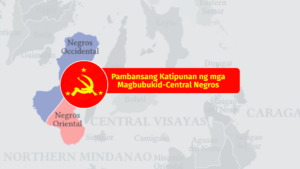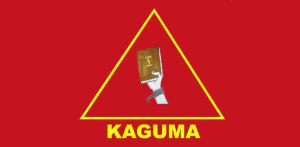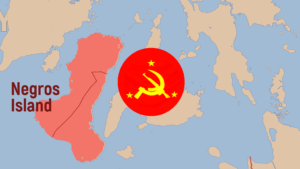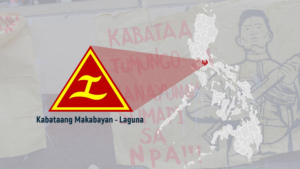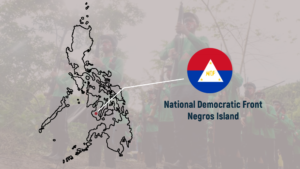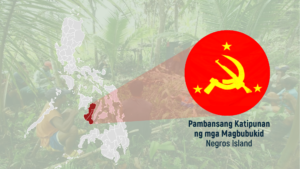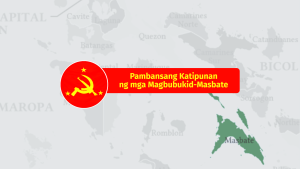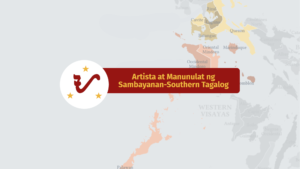₱20 rice will remain a farfetched dream under a semicolonial and semifeudal society
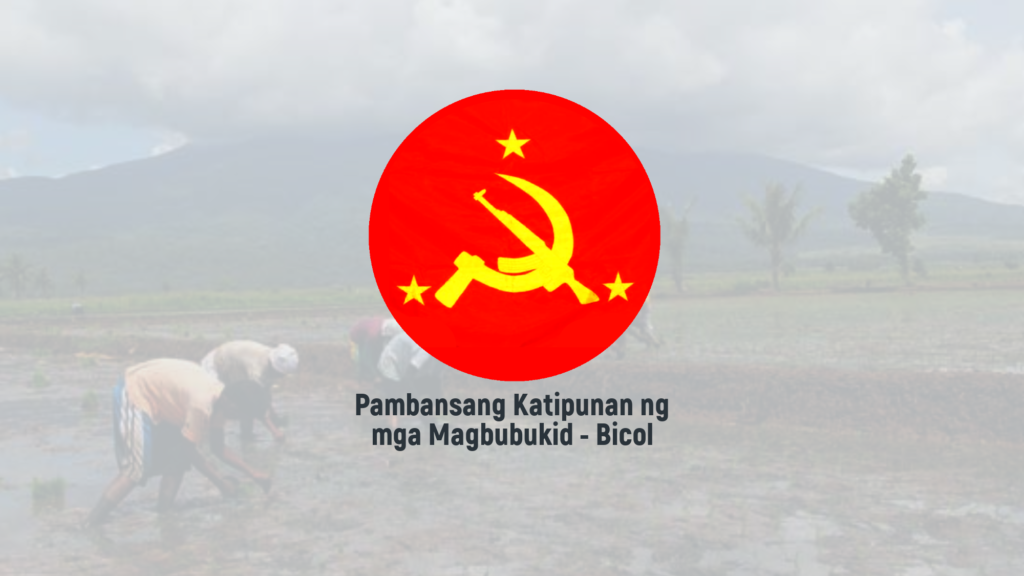
A fish is caught by its mouth indeed. Recently, government officials finally admitted the implausibility of achieving Marcos’ campaign promise of lowering rice prices to ₱20 particularly now that national grain stock is low. Farmers find this predictable especially since the US-Marcos Jr regime has done nothing concrete for this to come to fruition. There is still no genuine agrarian reform, landgrabbing persists, there is a dearth of comprehensive programs to strengthen local agriculture—how can ₱20 rice be achievable then?
Marcos Jr. deludes himself with lip service of a handful Kadiwa stores his regime touts. Even though the public maintains that, aside from its being inconsequential to influence the market prices, Kadiwa store prices do not even differ substantially from that of public markets. Moreover, its supplies are almost always lacking and stores are closed oftentimes.
What the regime advocates instead is the exacerbation of the semicolonial and semifeudal conditions in agriculture. In Bikol, rather than agricultural support, the government assails the peasantry with rampant landgrabbing. Programs such as Bongbong Marcos Jr.’s Support to Parcelization of Individual Land Titling (SPLIT) and Executive Order No. 75 are implemented in the region. Under these, there is no true land distribution. Instead, lands previously granted with collective titles are parceled as individual titles. This aims to reconcentrate the vast agricultural lands in the region to the hands of big landlords and businessmen.
In Masbate, hard-fought and hard-won lands of the peasant movement from landlords and ranch owners as well as those that the government sequestered from the Marcoses and tilled by poor farmers are now being recalled. Their very own governor Antonio Kho ordered the displacement of 94 peasant families from barangays Cabungahan, Calapayan and Villaluna in the town of Cawayan. This was succeeded by the displacement of another farmer community in Luis A. Yulo, Brgy. Matagbac in Milagros. Kho also aggressively gobbles up the expansive lands of Pio V. Corpuz, Placer and Cataingan for his personal interests in ranches, ecotourism and mining.
Alongside this is the nonstop deluge of neoliberal projects that further constrict the lands that masses can till. Some of these are the 2,984-hectare mining contract held by Mt. Labo Exploration and Development Corp. (MLEDC) in Camarines Norte, the plans for geothermal exploration to be led by Premier Geoexcel Inc. in Camarines Norte and Camarines Sur, the contract for the erection of 1000 MW wind farms by Copenhagen Infrastructure Partners (CIP) in Camarines Sur and Camarines Norte and the construction of the 1,854-hectare ecotourism project of Masbate Park and Land Development, Inc in Masbate. There is also the Filminera – Masbate Gold Project’s plan to expand their operations up to the towns of Mobo, Milagros and Uson. Approximately 10,000 hectares of land are currently under Filminera’s multiple mining contracts. Meanwhile, construction of an international airport is also set in Uson while the company DMCI also seized hundreds of agricultural lands for the construction of its hybrid solar farms.
So long as the societal system does not change and the peasantry is still fettered to the ruling classes’ exploitative ways, genuine agricultural progress that would make affordable and adequate rice supply for all Filipinos possible will always remain a farfetched dream. To make this happen, the peasant movement together with all the exploited classes must wage the people’s democratic revolution which will liberate the land and those who till it.


